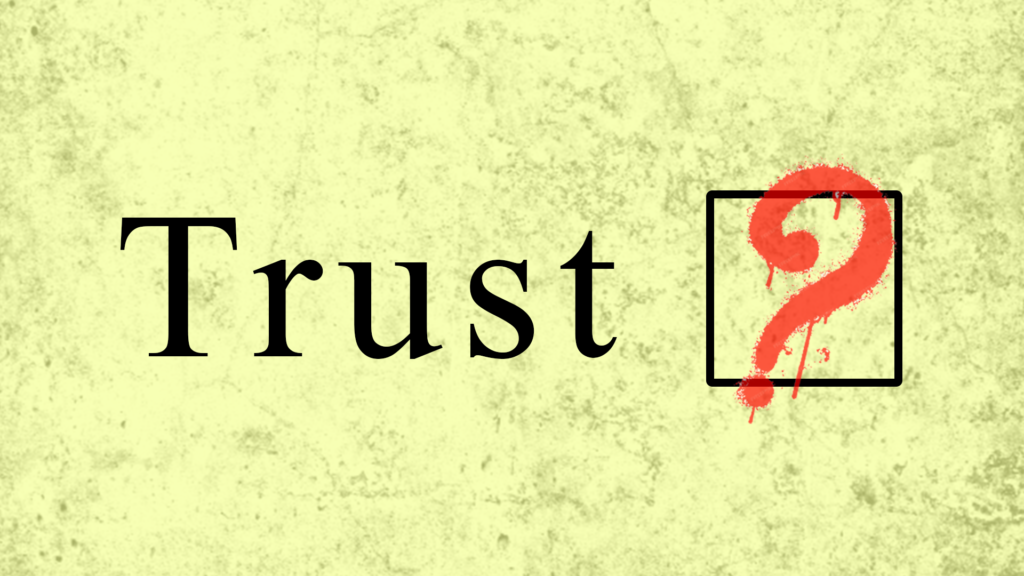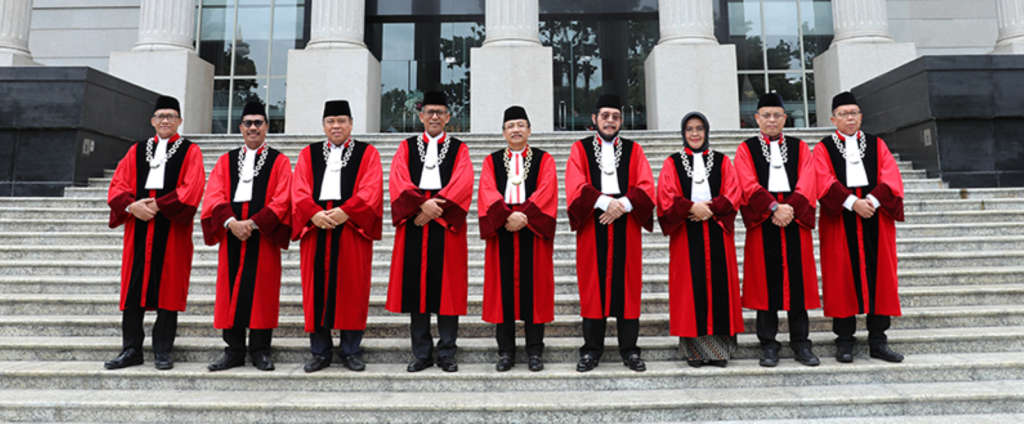We use cookies to improve your experience with Monash. For an optimal experience, we recommend you enable all cookies; alternatively, you can customise which cookies you’re happy for us to use. You may withdraw your consent at any time. To learn more, view our Website Terms and Conditions and Data Protection and Privacy Procedure.
Many elections, many consequences
Published on April 22, 2024With a vast number of citizens around the world voting for leaders and legislatures this year, much will depend on their trust in the electoral process.
 When doubts are raised about the vote, things can unravel quickly. : Image by Michael Joiner, 360info CC-BY-4.0
When doubts are raised about the vote, things can unravel quickly. : Image by Michael Joiner, 360info CC-BY-4.0
With a vast number of citizens around the world voting for leaders and legislatures this year, much will depend on their trust in the electoral process.
More than 50 countries are holding national elections this year, making 2024 the biggest year for democratic voting in history.
By year’s end, around 2 billion people will have had the chance to go to the polls, including in eight of the ten largest nations.
Democracies are made up of many moving parts, arranged in various formations, but they all start with one essential component: popular elections.
The simple fact that so many people now have the opportunity to vote – the equivalent of the entire world population a century ago – is an extraordinary demonstration of how far democratic rights have advanced.
But elections also mean transitions – and risk.
The peaceful transfer of power to the winner is non-negotiable, and when doubts are raised about the vote, things can unravel quickly. One need only look at the ongoing fallout of the 2020 US presidential election to see the consequences: ‘election denial’ has become a fully fledged political strategy.
Bangladesh, Pakistan and Indonesia, among the largest populations in the Indo-Pacific region, have held elections already this year. Each one has had a rocky relationship with democratic governance.
India, known as the world’s largest democracy, is about to kick off a six-week, multi-phase election involving 968 million registered voters, amid a climate of Hindu nationalism, sectarian division and crippled press freedoms.
The mechanics of elections make for a logistical exercise like no other – triumphant, celebratory expressions of people power that require the strictest possible oversight and control.
The perception of election integrity is directly linked trust in government bodies. The institutions that embody democratic governance – parliaments, courts, the executive, and so on – owe their legitimacy to citizens’ faith in their promise.
Trust is the glue that holds it all together.
Misinformation, spread mainly through social media, has undermined trust in election processes and outcomes in many democracies. Rising nationalist authoritarianism and hyper-partisan ‘culture wars’ have fanned the flames of misinformation around electoral conduct and results.
The media has also played a part in creating this scenario, as partisan news outlets cater to their audiences’ confirmation biases and shun contradictory views, with emotions trumping evidence.
The erosion of trust in elections has serious consequences – shrinking civic participation, undermining the social contract and accelerating political instability.
The resulting breakdown of democratic societies can have not just national, but regional and global implications.









